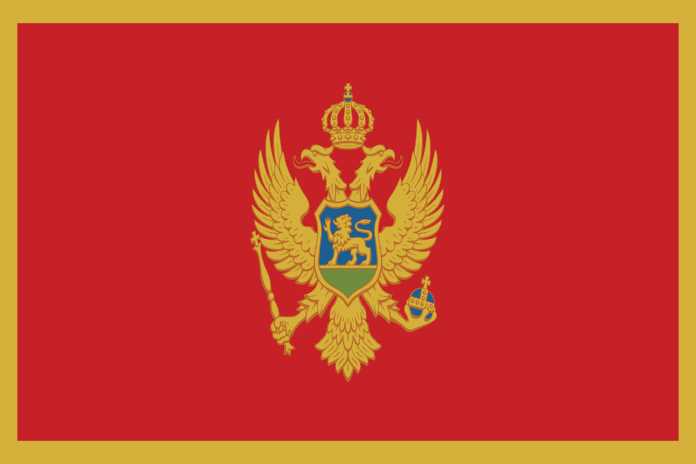“Kosovo’s Struggle with De-Radicalization: Understanding the Islamic State Returnees”
When asked about her stance on a stricter version of Islam in Kosovo, Adelina responded thoughtfully. “There are aspects that one wishes were different,” she explained. She expresses deep regret for her trip to Syria. “Had I known what I do now, I would never have made that journey,” she reflected, becoming emotional as she reminisced about returning home. “Hearing Albanian at Pristina airport was the ultimate joy,” she shared. Her second husband was also repatriated; he spent two and a half years in prison in Kosovo and is currently employed in construction. The couple is now divorced.
In Kosovo, female returnees generally avoided long prison sentences, with very few facing convictions for criminal offenses. Most were released after sentencing for time already served. Fehmije Gashi-Bytyqi, a lawyer in Pristina who represented some of these women, believes that their cases were expedited by the judicial system. “To my knowledge, they are currently caring for their children,” she stated.
According to security analyst Adrian Shtuni, the treatment of returning women reflects prevailing cultural attitudes in Kosovo. It is assumed that they were either manipulated or coerced into leaving for the caliphate. “There’s a troubling stereotype that all women are either victims or misled by their husbands,” he commented. “Each case ought to be evaluated based on evidence rather than bias or preconceived notions about gender.”
An official who worked with the returnees, wishing to remain anonymous, suggested that the courts’ decisions might have been influenced by practical considerations. By avoiding custodial sentences, the women could continue to look after their children, thereby alleviating the state from the burden of finding new guardians.
Were the lenient court decisions towards the women returnees a result of bias or pragmatism? I reached out to the judicial oversight body for a comment, and they responded via email, stating that they do not “interfere with the independence of judges or the decision-making processes of courts.”
Adelina’s children are now enrolled in their local school, where they attended remedial after-school classes to improve their Albanian language skills. She takes particular pride in her teenage daughters, who are excelling in their studies. “Inshallah, I hope to see them become doctors,” she expressed.
Jeton Musliu is a journalist based in Pristina, concentrating on issues of corruption and social matters. This article was produced as part of the Fellowship for Journalistic Excellence, supported by the ERSTE Foundation in collaboration with the Balkan Investigative Reporting Network. Editing by Neil Arun.
—
Note: This article has been updated to clarify Sylejmani’s current status.


